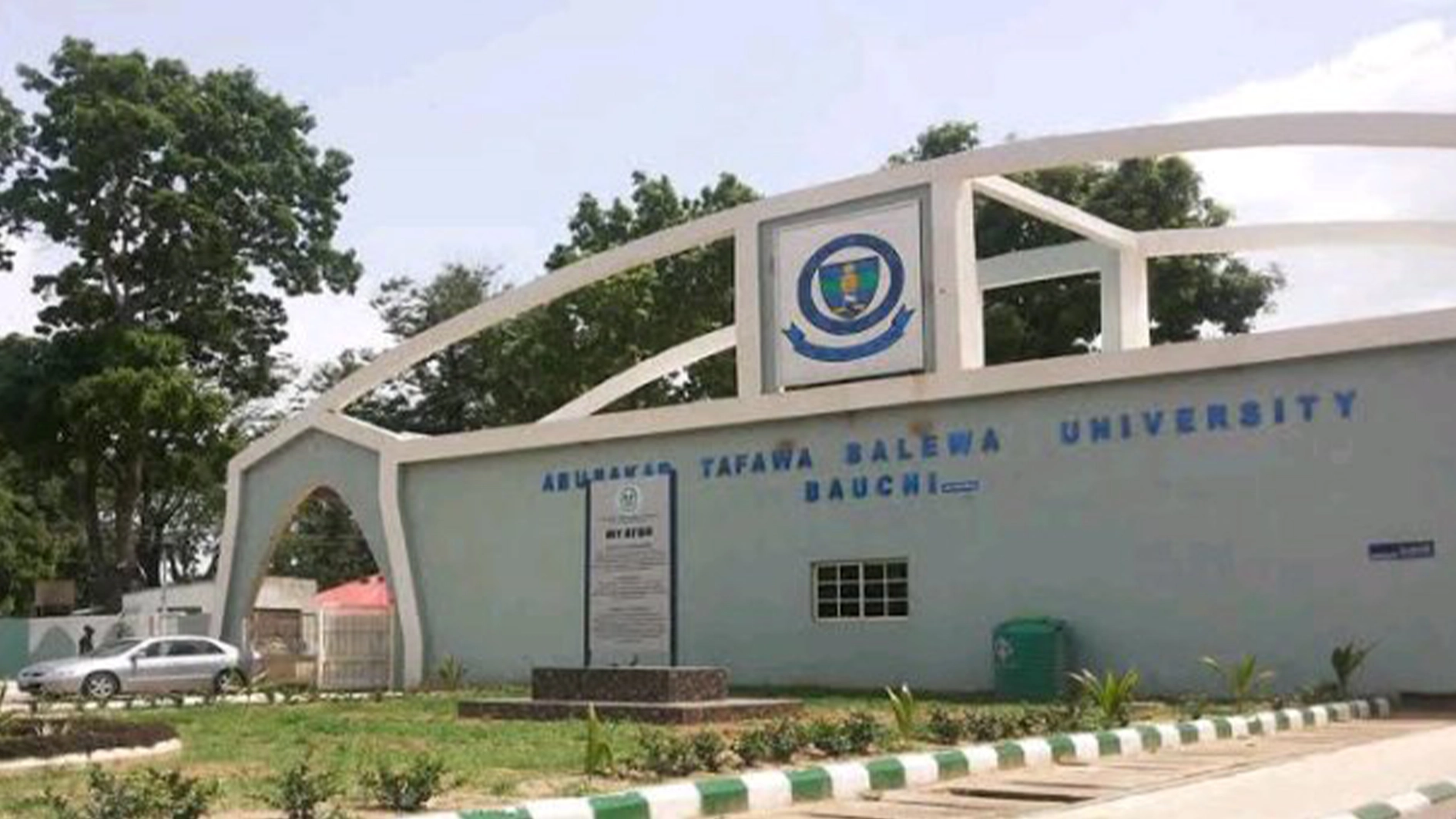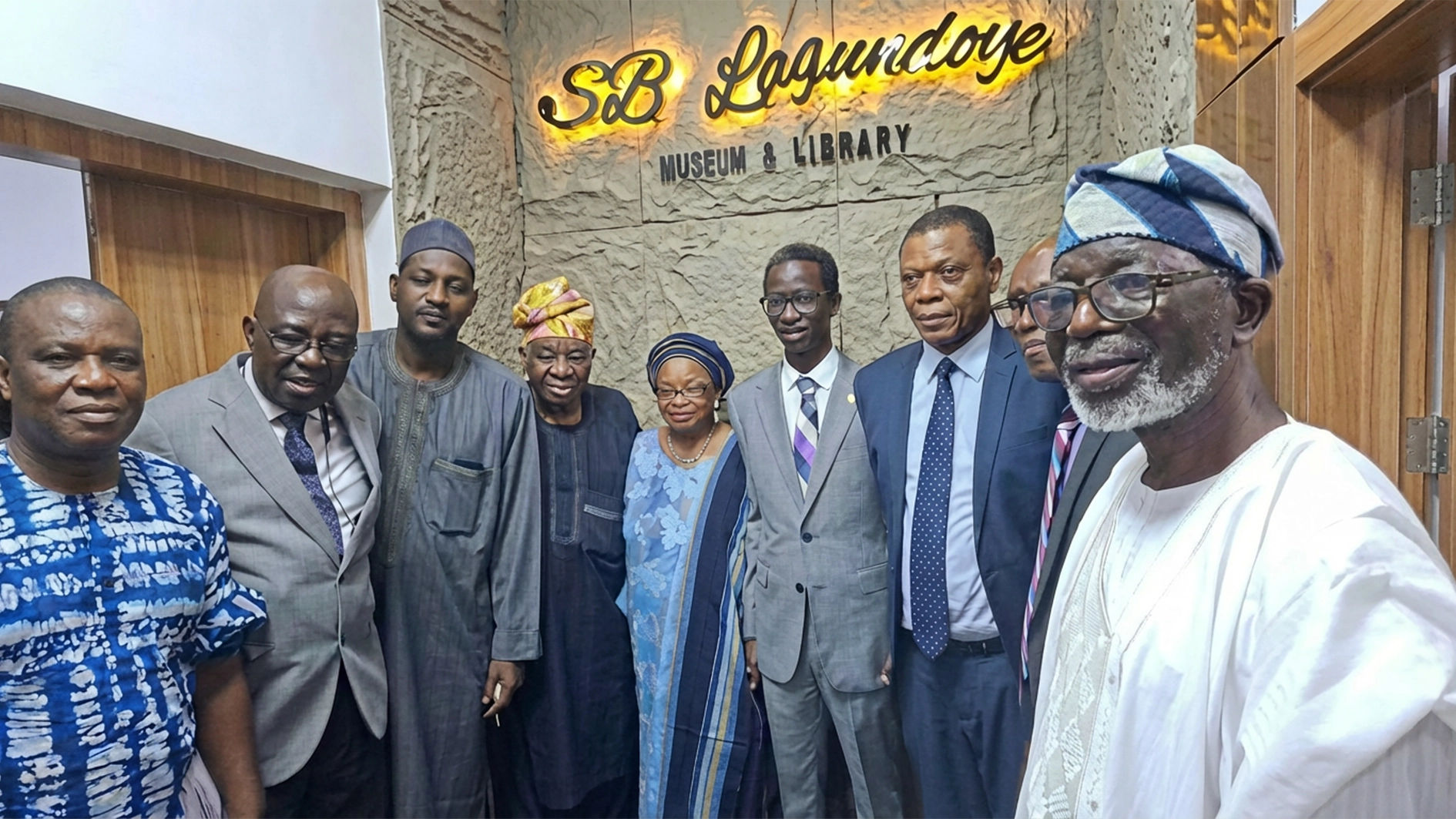
Engineering professionals under the aegis of African Engineering Education Forum (AEEF) have emphasised the need for professionals, especially engineering lecturers in the universities and polytechnics not to relent in upskilling themselves.
This was one of the major resolutions at the opening session of the conference held at the University of Lagos (UNILAG), in partnership with the Federation of African Engineering Organisations (FAEO) and African Engineering Deans Council (AEDC).
Speaking on the event, themed: ‘Strengthening engineering education in Africa through innovative collaboration,’ the convener, Prof. Funso Falade, said to make engineering programmes more relevant, there is need to address different collaborative strategies and identify various methods of bridging gaps between the town and gown.
Falade explained that engineering as a profession sets the pace for meaningful development in the country.
He said, “Any nation that fails to give engineering its dues will remain permanently under-developed. Therefore, a lot of commitment is required by all stakeholders to provide quality engineering education in order to make it more meaningful to citizens.”
The Dean of the Faculty of Engineering, Prof. Obanisola Sodiq, stressed the need for skills and competence among lecturers, saying these would help in advancing engineering education in resource-constrained environments like African nations.
He said: “There is a need for engineering lecturers to be fully armed with requisite skills and knowledge that would make the students compete globally. We have heard of institutions in advanced countries that made it mandatory that you cannot teach engineering without having a qualification in education, and with time, Nigeria will get to that stage.”
He advised lecturers to keep updating themselves with relevant knowledge and skills that would produce quality graduates that can compete globally.
President, Council for the Regulation of Engineering in Nigeria (COREN), Prof. Sadiq Zubair, also emphasised the need for young engineers to develop the right skills that would give them the edge over others in the field.
President-elect of the World Federation of Engineering Organisation (WFEO), Mustafa Shehu, advocated the need to give necessary recognition to the certificate being issued engineering graduates to enable them compete with their counterparts in other countries.
He faulted a situation where an engineer with a Nigeria certificate cannot practice in other neighbouring countries, like Ghana and Kenya






